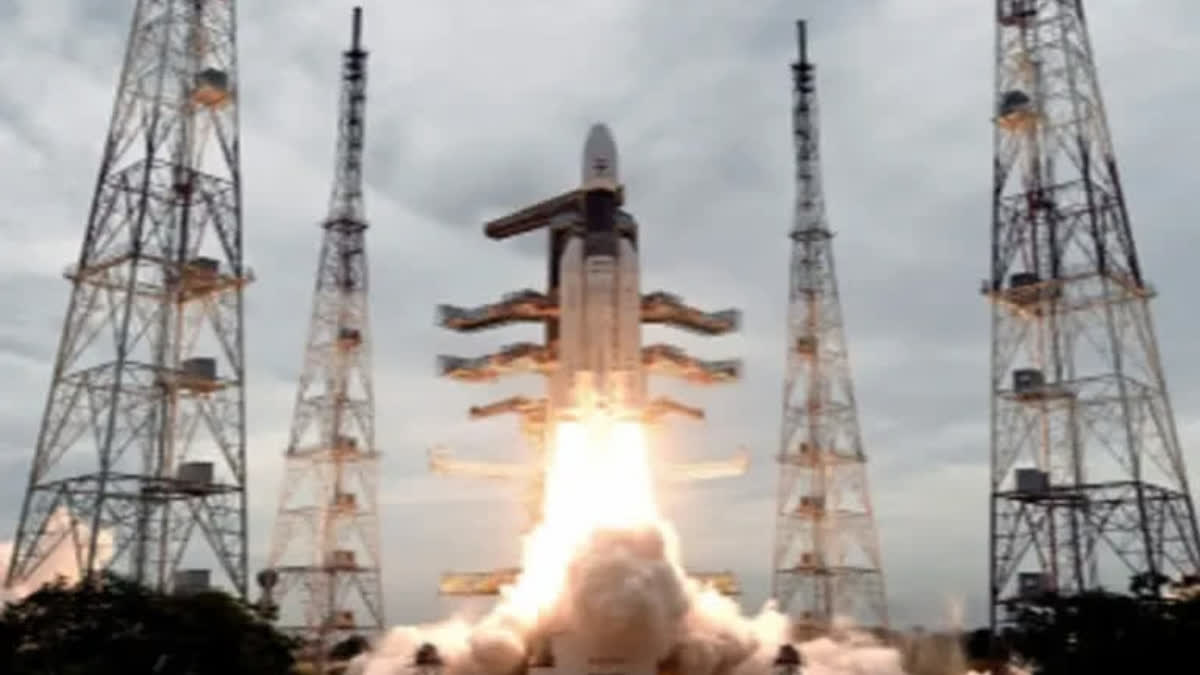Thiruvananthapuram(Kerala):Just a few hours ahead of India's much-awaited Moon mission Chandrayaan-3 takes off next week, the rocket launchpad at Satish Dhawan Space Centre (SDSC) in Sriharikota will witness a unique launch. Not the launch of a rocket but of a book. It may sound strange but the book, named 'Prism: The Ancestral Abode of Rainbow', a collection of science articles, will be released at the SDSC-SHAR from where the LVM-III would lift off carrying Chandrayaan-3 to the Moon on July 13. Authored by national award-winning filmmaker-writer Vinod Mankara, 'Prism' is likely the first book to be released from a rocket launchpad anywhere in the world.
ISRO Chairman S Somanath will launch the book by handing it over to Vikram Sarabhai Space Centre (VSSC) Director S Unnikrishnan Nair on July 12 night, it's author Mankara said.
Expressing happiness over the unique launch of his ninth book, Vinod Mankara said he is indebted to ISRO and its chairman Somanath for this opportunity. "I have so far published eight books and hundreds of articles in dailies and periodicals on various topics. But, I am extremely happy that my ninth book is purely on science and its release is being done at the launchpad of the historic Chandrayaan-3 rocket," he told PTI.
Somanath himself penned the foreword of the 167-page book in which he said it was full of the "marvels of science". There are 50 articles in the book and they cover significant topics in science in-depth, Somanath said. 'Prism' is an exploration into the aesthetic and poetic aspects of science, he added. "Besides space and space technology, several other such topics are also presented in a poetic way in the book. What attracted me the most is the aesthetics of its presentation and beauty of its language," the ISRO Chairman told PTI. Stating that space has always been an area of interest and inspiration for people, he said rockets, astronomy, space expeditions and so on have always attracted society.
"This book is also such an inspirational work. It skillfully blends science and poetry in its presentation. I feel that if it is released from a rocket launchpad, the book will get the push and attention that it deserves," he said. Somanath said the book would help common people develop a close bond with science and feel its beauty. "Science has an aesthetic and spiritual aspect as well. It is not a subject which is to be discussed in a monotonous manner. The real scientist is the person who can also see those invisible aspects of science," he said.
